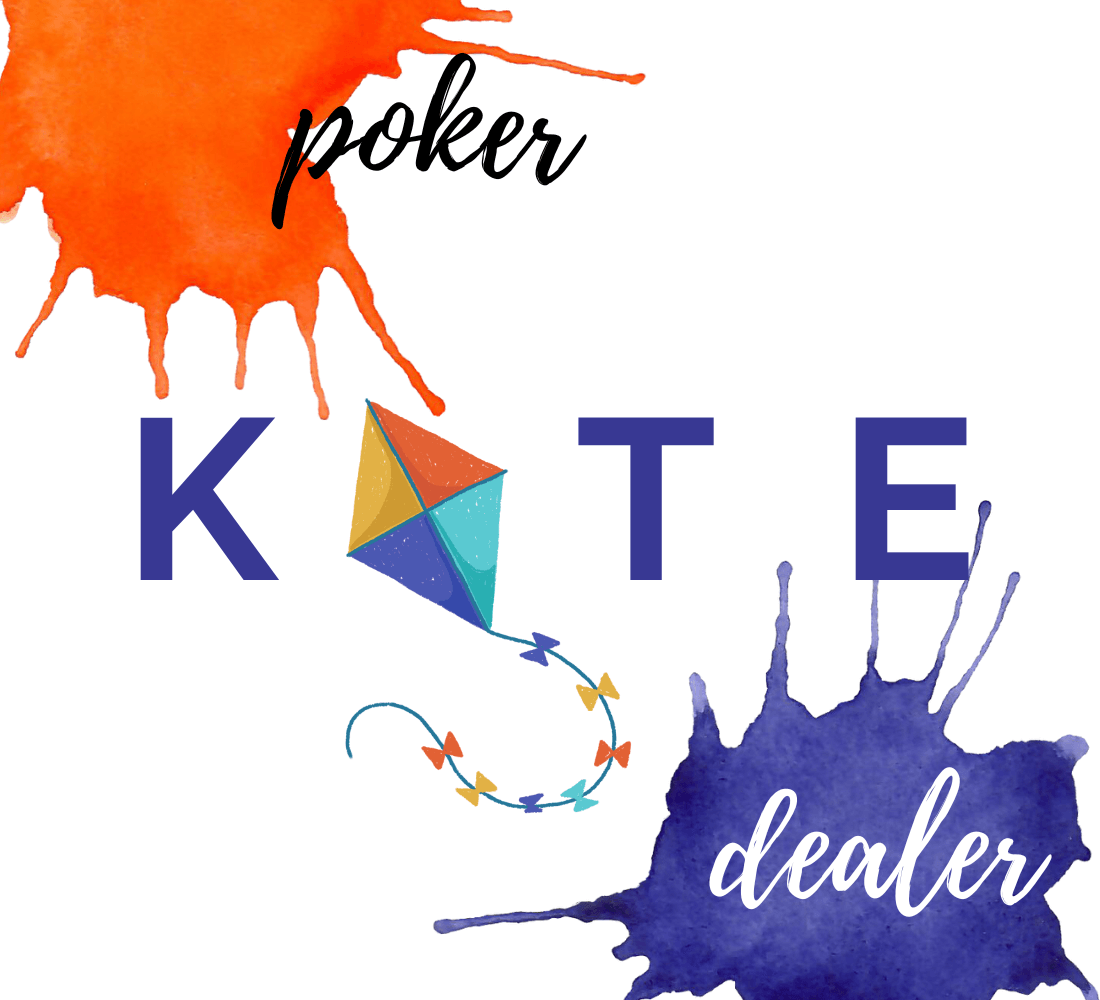Poker is a highly competitive game, so it’s important for dealers to know the rules and maintain a professional demeanor. Dealers also need to have good communication skills and customer service skills so that they can interact with players.
There are many ways to become a poker dealer, but the most common route is to complete an accredited training program and apply for a job at a casino. Most casinos require an audition to assess your table management, dealing, and card reading skills.
Know the Rules of the Game
Whether you’re dealing at a home game or a casino, it’s important to know the rules of the game. This will help you deal a better hand and increase your odds of winning.
Poker dealers must also keep track of the various betting rounds and add up the pot sizes. Knowing how to calculate these numbers will save you a lot of time and money.
The best poker dealer is the one who can control the pace of gameplay and keep a group of players in line. This requires good communication skills, problem-solving abilities, and a keen eye for detail. It also requires a thick skin, as frustrated players will often take it out on you.
Know the Rules of the Casino
One of the most important things to know if you want to be a poker dealer is the rules of the casino. This will help you make the game more enjoyable for all parties involved.
Poker dealers are often tasked with controlling gameplay and keeping players at their table in line. This requires them to have good communication and customer service skills.
They also need to be able to quickly and accurately calculate pay-outs during hands. This is a skill that can only be learned through practice and experience.
It is also important for a poker dealer to have a good table personality, as this will encourage generous tips from players. This can be a major help in getting more dealing gigs and tournaments in the future.
Have Good Communication Skills
Having good communication skills is an essential skill for a poker dealer. This includes communicating with players and ensuring that they have a fun and positive experience.
Similarly, poker dealers also need to have excellent customer service skills so they can help guests with any questions they may have. For example, they might need to answer questions about the rules of the game, inform players of any changes in rules, and provide assistance with problem-solving situations.
In addition to strong communication skills, poker dealers also need to be able to handle large sums of money. This requires a lot of patience and attention to detail. They may need to shuffle and deal cards, pay out winnings, and track the amount of change.
Have Good Customer Service Skills
Having good customer service skills is an essential part of being a poker dealer. It means greeting customers with a smile, explaining casino rules and regulations, answering questions and providing assistance when needed.
In addition, being polite and helpful can help you build relationships with patrons and encourage them to come back. Having strong customer service skills can help you earn a reputation for being a great poker dealer and improve your chances of getting hired.
One of the most important customer service skills you can have is empathy. This means being able to recognise that customers are feeling angry or frustrated and then responding to them in a way that genuinely helps them feel better.
Have Good Attention to Detail
Good attention to detail is a key skill for all types of jobs. It allows you to focus on the details of a project, optimize your time, and produce high-quality work.
It is also a great way to increase your sensory perception skills, which will help you to handle distractions more efficiently. This is particularly helpful in the poker industry because you will be dealing with a variety of people.
You can show employers that you have good attention to detail by including it on your resume and in interviews. Be sure to highlight specific examples that demonstrate your ability to pay close attention to the details of a project or task.

